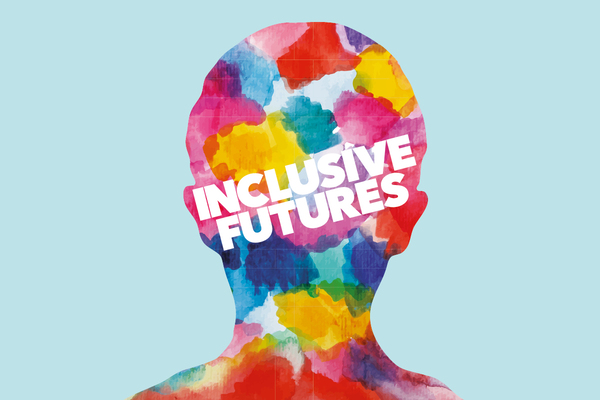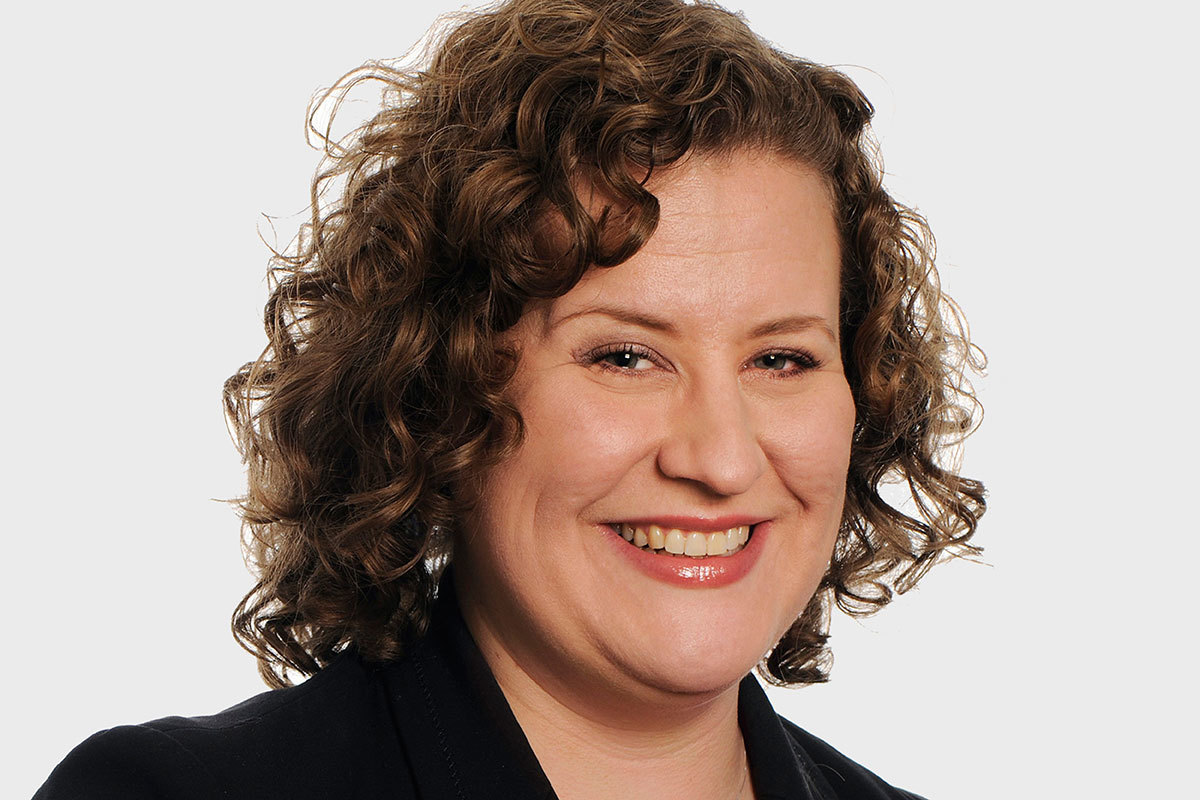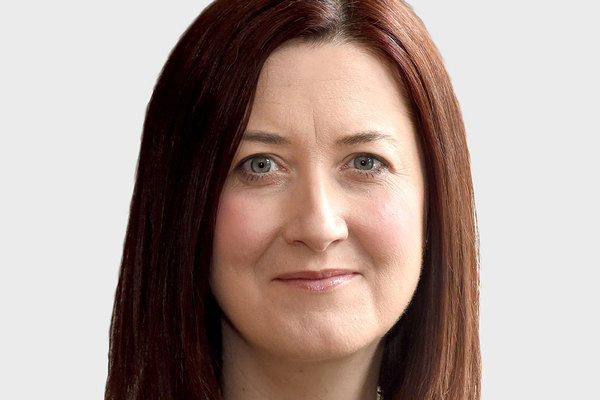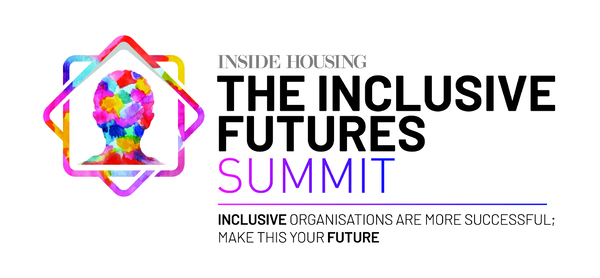You are viewing 1 of your 1 free articles
Why are men over-represented as board chairs?
New data shows that women are under-represented on housing association boards and senior board roles. Jess McCabe reports
Inside Housing’s Inclusive Futures campaign aims to promote diversity and inclusion among housing’s leadership teams
Women make up 37% of board members at housing associations. This might not sound too bad. After all, 37% isn’t exactly equality, but the sector is doing better than the FTSE 100. Just under 29% of board members of the biggest companies listed on the London Stock Exchange are women.
The numbers come from recruitment consultancy EMA and were produced by examining the boards of 80 randomly selected housing associations.
The findings are broadly in line with Inside Housing’s own analysis from earlier this year, when we found 36% of board members were women (see box below).
But EMA’s data gives us a more in-depth look at what is going on in housing boardrooms. It also shows that women are scarcer when you look at important positions on a board.
Only 32% of board chairs are women, and this drops to a measly 20% of chairs of the audit committee. (This is one of the most important board roles, as this committee oversees the organisation’s financial reporting and controls.)
"Women are scarcer when you look at important positions on a board"
Anne Elliot, managing director at EMA, explains the consultancy decided to research these figures when it noticed a worrying trend in applications for board positions. “We’re attracting 20-25% applications from women, which is quite bad.
"We’re getting 70-75% applications from males. It raises an issue.”
Sheila Hyde is vice-chair of Futures Housing Group, among her other roles, and echoes this experience: “It always surprises me how few women apply,” she says. “We’re very conscious [of] how we want to maintain or increase that diversity. That’s why it’s frustrating sometimes when you get very little diversity in your applications.”
Ms Hyde worked at chief executive and managing director level, before taking redundancy when her association – Spirita – merged with Metropolitan in 2011.
She used her experience of governance to pivot into several board positions, including at Futures. She is also a mentor on the Housing Diversity Network board mentoring programme.
“Everyone is trying to appoint fully formed board members but people have to start somewhere,” she points out. (One way to build up experience is to take on voluntary roles at smaller organisations, she adds.)
"Rates of applications are particularly low for board members sought with specific expertise in treasury, audit, development or property, says Ms Elliot"
One contributing factor to the gender imbalance could be that social landlords are increasingly seeking to recruit people with expertise that falls in traditionally male-dominated professional fields.
Rates of applications are particularly low for board members sought with specific expertise in treasury, audit, development or property, says Ms Elliot.
Finance, development and property are all notoriously male-dominated fields – still this doesn’t explain the scale of board-level discrepancy. For example, take financial services. Last year, the Financial Times reported that women make up 25.5% of financial services senior roles, and 39% of mid-level roles. The talent pool exists, then.
Ms Elliot also points out that many of the male applicants the agency talks to about board roles already have a board CV prepared, and may have gone to a special agency geared to getting them “board ready”.
Another factor may be a lack of flexibility in when and how board meetings are held, she speculates. With men generally taking on much less childcare and other caring work, this may be a factor disadvantaging women or putting them off applying. Different meeting times, or allowing board members to Skype into meetings, could make the roles more attractive.
This is a point echoed by Nicola Winn, who sits on the board of Aspire Housing in Staffordshire, and also chairs the board of its apprenticeship business PM Training.
She has previously sat on the Chartered Institute of Housing’s board, among other organisations. But she applied for this board role after PM Training’s former chair asked her to, which amounted to “someone having a bit of faith in me and asking ‘are you interested?’”.
Board diversity
Inside Housing research earlier this year found that:
50 out of 735 board members identified as BME
18 associations had all-white boards
33 out of 735 board members had a disability
10.7% of board members were tenants
Aspire is chaired by a woman – Philippa Holland – and six out of 10 board members are women, including its chief executive, Sinéad Butters.
When it comes to why women are still under-represented – or why men are over-represented – particularly in these senior board positions, Ms Winn also notes flexibility may be an issue.
“For those people who’ve got families, if you’ve got evening meetings or weekend meetings, that isn’t attractive particularly,” she says. (And men still do far less childcare than women in general, so the impact is likely to be exaggerated for potential women board members with families compared with men with childcare responsibilities.)
Whatever the contributing factors – and it seems likely there are multiple issues at work – this latest data should be yet another impetus to emphasise diversity in board recruitment.
As Ms Hyde puts it: “You don’t want a mono-board.”
The Inclusive Futures Summit
Inside Housing is launching the Inclusive Futures Summit
Our high-level summit will bring together respected people leaders and exemplars from the across sector and wider business to debate, discuss and learn how to embed diversity and inclusion in your organisations and harness the myriad benefits that this creates and to ensure that your workplace is reflective of the diverse communities you serve.
Themes being discussed include why being an inclusive organisation can help you be more successful, how to make inclusion visible in your organisation and the best approaches to encourage diversity at board level.
Discussions will also focus on how to future-proof your recruitment processes, promote inclusion through talent management, build working environments safe from prejudice and tackle unconscious bias.
The summit will take place on October 11 at the Emirates Old Trafford, Manchester.
Inclusive Futures
Inside Housing’s Inclusive Futures campaign aims to promote and celebrate diversity and inclusion.
We are pledging to publish diversity audits of our own coverage.
We are also committed to proactively promoting positive role models.
We will do this through the pages of Inside Housing. But we will also seek to support other publications and events organisations to be more inclusive.
Our Inclusive Futures Bureau will provide a database of speakers and commentators from all backgrounds, for use by all media organisations.
We are also challenging readers to take five clear steps to promote diversity, informed by the Chartered Institute of Housing’s diversity commission and the Leadership 2025 project.
INSIDE HOUSING’S PLEDGES
We will take proactive steps to promote positive role models from under-represented groups and provide information to support change.
We pledge to:
Publish diversity audits: We will audit the diversity of the commentators we feature. We will formalise this process and publish the results for future audits twice a year.
Promote role models: We will work to highlight leading lights from specific under-represented groups, starting in early 2018 with our new BME Leaders List.
Launch Inclusive Futures Bureau: We will work with the sector to compile a database of speakers, commentators and experts from under-represented groups. The bureau will be available to events organisers, media outlets and publications to support them to better represent the talent in the sector.
Take forward the Women in Housing Awards: Inside Housing has taken on these successful awards and will work to grow and develop them.
Convene Inclusive Futures Summit: Our new high-level event will support organisations to develop and implement strategies to become more diverse and inclusive.
THE INCLUSIVE FUTURES CHALLENGE
Inside Housing calls on organisations to sign up to an inclusive future by taking five steps:
Prioritise diversity and inclusion at the top: commitment and persistence from chief executives, directors and chairs in setting goals and monitoring progress.
Collect data on the diversity of your board, leadership and total workforce and publish annually with your annual report. Consider gender, ethnicity, disability, sexuality, age, and representation of tenants on the board.
Set aspirational targets for recruitment to the executive team, board and committees from under-represented groups.
Challenge recruiting staff and agencies to ensure that all shortlists include candidates from under-represented groups.
Make diversity and inclusion a core theme in your talent management strategy to ensure you support people from under-represented groups to progress their careers.
THE CASE FOR CHANGE
34%
of housing association chief executives are female
1%
of housing association executives have a disability
1.6%
of housing association board members are LGBT
Women make up 46% of the UK workforce, but Inside Housing research found that they are under-represented on housing association boards (36%), executive teams (39%) and among chief executives (34%).
Almost a fifth of working-age adults have a disability (18%), yet associations reported only 1% of executives and 4.5% of board members with a disability. Many were unable to provide details.
Nationwide, 14% of the working-age population come from a BME background, climbing to 40% in London and Birmingham. Yet our research found that 6.8% of board members identified as BME, compared with 4.5% of executives.
Statistics on representation of LGBT people in the workforce are in short supply, but official statistics suggest that 2% of the total UK population identify as lesbian, gay or bisexual, rising to 4.1% for 16 to 24-year-olds. Our survey found that 1.6% of board members and 10 executives were LGBT – but most organisations were unable to provide figures.














